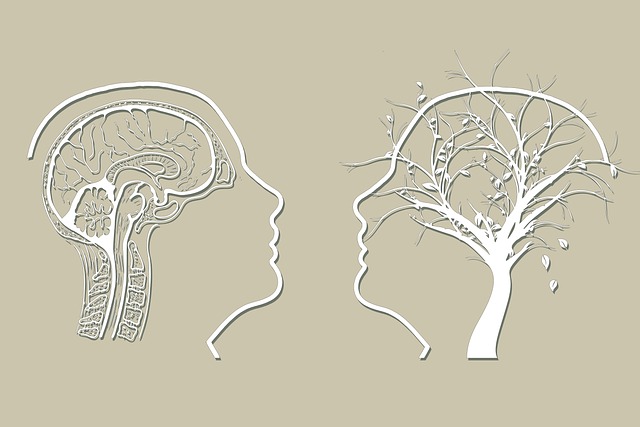Evaluating mental wellness programs for Spanish-speaking elderly requires a sensitive, culturally-aware approach addressing specific needs like acculturation stress and language barriers. This includes implementing tailored self-care practices, open dialogue, and qualitative methods combining quantitative data with client feedback from focus groups and interviews. Standardized questionnaires and surveys, aligned with program goals, measure success in Therapy for Elders Spanish Speaking, ensuring effective mental health education and self-care practices within this demographic.
Mental wellness program evaluation is crucial, especially when targeting Spanish-speaking elderly populations. This article explores effective methods to assess needs, implement techniques tailored to their cultural context, and measure success in therapy programs. We delve into specific tools and metrics that ensure the effectiveness of therapy for elders speaking Spanish, highlighting best practices for comprehensive mental health support.
- Assessing the Needs of Spanish-Speaking Elderly Populations
- Effective Evaluation Techniques for Mental Wellness Programs
- Measuring Success and Impact: Tools and Metrics for Therapy Programs
Assessing the Needs of Spanish-Speaking Elderly Populations

Evaluating mental wellness programs for Spanish-speaking elderly populations requires a nuanced approach that acknowledges cultural and linguistic barriers. Many older adults who speak Spanish as their primary language may face challenges accessing care due to limited English proficiency, which can hinder effective communication during therapy sessions. This is particularly important when considering the unique needs and experiences of this demographic, such as acculturation stress, age-related changes, and potential social isolation.
To address these issues, mental health professionals should incorporate culturally sensitive self-awareness exercises and encourage the development of self-care practices tailored to the specific population. By fostering an environment that promotes open dialogue and understanding, therapists can boost the confidence of Spanish-speaking elders in expressing their emotions and seeking support for their mental wellness.
Effective Evaluation Techniques for Mental Wellness Programs

Evaluating mental wellness programs is a multifaceted process that goes beyond mere satisfaction surveys. To truly gauge their effectiveness, especially in specialized populations like older adults from Spanish-speaking backgrounds, diverse assessment methods are essential. Quantitative tools such as pre-post tests measuring symptoms of anxiety and depression can offer hard data on program impact. These assessments should be culturally adapted to ensure accessibility for non-native speakers, potentially incorporating visual or audio elements alongside written questionnaires.
Moreover, qualitative techniques like focus groups and individual interviews provide deeper insights into participants’ experiences. Exploring themes related to trust, language barriers, and the sense of community fostered by these programs offers a nuanced understanding of their success. Integrating feedback from both clients and healthcare providers—including those involved in Community Outreach Program Implementation and Conflict Resolution Techniques—is vital for refining these initiatives. Additionally, examining burnout prevention strategies within the mental wellness program can contribute to overall sustainability and effectiveness, ensuring long-term benefits while mitigating professional fatigue.
Measuring Success and Impact: Tools and Metrics for Therapy Programs

Evaluating the success and impact of therapy programs is a crucial step to ensure their effectiveness, especially when catering to specific populations like Spanish-speaking elders. The choice of metrics and tools should align with the program’s goals, whether focusing on improving mental health literacy, enhancing self-awareness, or providing crisis intervention guidance.
One effective method for measuring success involves utilizing standardized questionnaires and surveys that assess changes in symptoms, attitudes, and behaviors before and after the program. These can include validated scales such as depression and anxiety measures tailored to the Spanish-speaking context. Additionally, qualitative feedback from participants through interviews or focus groups offers valuable insights into their experiences and perceived benefits, providing a deeper understanding of the program’s impact on mental health education and self-care practices within this demographic.
Evaluating mental wellness programs, particularly those catering to Spanish-speaking elderly populations, is paramount to ensure effective therapy. By employing robust assessment methods and utilizing specialized evaluation techniques, we can measure the success and impact of these initiatives. Tools such as standardized questionnaires, qualitative interviews, and cultural competency metrics enable us to gauge improvements in mental health, quality of life, and overall well-being. This data is essential for refining programs like therapy for elders Spanish speaking, ensuring they meet the unique needs of this demographic and positively influence their mental wellness journey.














